About THE Workshop
The University of Crete, PRORATA and Biology Centre Cas welcome the 2nd Cure4Aqua Workshop on Operational Welfare Indicators for Farmed Carp, on the 19th September 2024 in Czech Republic.
International experts will discuss the current state of the art on carp welfare in ponds at the session (19 September). Experts from the scientific community, the aquaculture industry, competent authorities, relevant NGOs and consumer associations will participate in knowledge-sharing roundtables and interactive sessions using a modified version of the Delphi Method. This specific workshop is a part of the 7th Work Package of the Cure4Aqua Project.
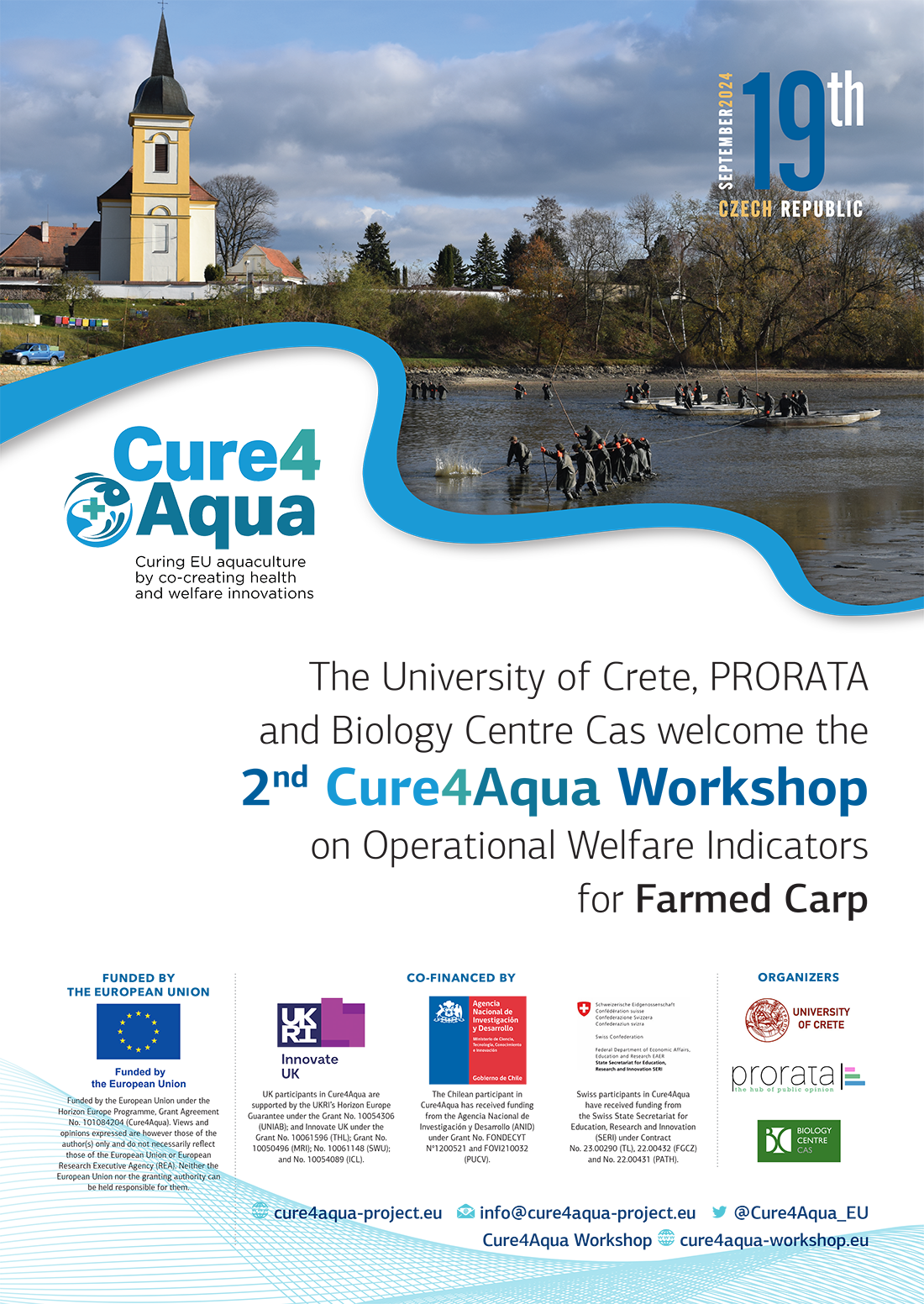
Organizing Committee
- Dr. Ivona Mladineo, Biology Centre of Czech Academy
of Sciences (CZE) - Anna Holčáková, Biology Centre of Czech Academy
of Sciences (CZE) - Professor Michalis Pavlidis, University of Crete (GR)
- Angeliki Mitropoulou, Project Manager of Prorata S.A. (GR)
Cure4Aqua project Overview
Funded by the EU Horizon Europe programme, Cure4Aqua is a €4.8 million, 4.5-year project that will develop new approaches to prevent aquatic fish diseases by introducing and validating novel technologies for early detection of diseases, while also supporting the advancement of alternative treatments to replace pharmaceuticals in disease control. Farmed seafood is an important source of protein for food and animal feed, with a low-carbon footprint, essential to help build a sustainable food system. However, controlling pathogens continues to be a major challenge for the sector. This is particularly relevant for Europe, where there is a great variety of species and production systems, which hinders the implementation of good husbandry practices tailored to each aquatic species. Cure4Aqua will develop new approaches to prevent aquatic fish diseases through technologies for early disease detection, while also supporting the advancement of alternative treatments to replace pharmaceuticals in disease control.
For more information regarding the project please click here
For information regarding the factsheet please click here
Cure4Aqua consists of 8 working packages, of which WP7 is about “Evidence-based standards and tools to advance WELFARE on farms”. Its objectives are:
- To develop, optimize and validate a reliable, scalable, and easy-to-use operational welfare score index, for farmed common carp, European sea bass, gilthead sea bream, based on a set of indicators that are (i) species-specific, (ii) life-cycle specific, (iii) production system/phase-specific, and (iv) fulfil the welfare needs of a given species.
- To develop and apply practical protocols and tools for welfare control, including the development of a “Quality of Life (QoL) scaling system” for fish that enables selecting of appropriate veterinary and behavior-monitoring interventions and defining humane endpoints to reduce suffering. Develop a prototype novel digital welfare assessment tool that incorporates machine learning methodologies and IoT applications.
- To assess and model the socio-economic and environmental impact of welfare assessment.
- To develop of protocols and scoring system for auditing and assessment of biosecurity (including hygiene) at site and company level with focus on European freshwater and Mediterranean aquaculture (bioexclusion and biocontainment). The use of the protocol and scoring system will lead to anonymized benchmarking and identification of site-specific goals for targeted improvement.
For more information regarding WP7 please click here
Organizing Committee

Dr. Ivona Mladineo
Cure4Aqua Project Coordinator
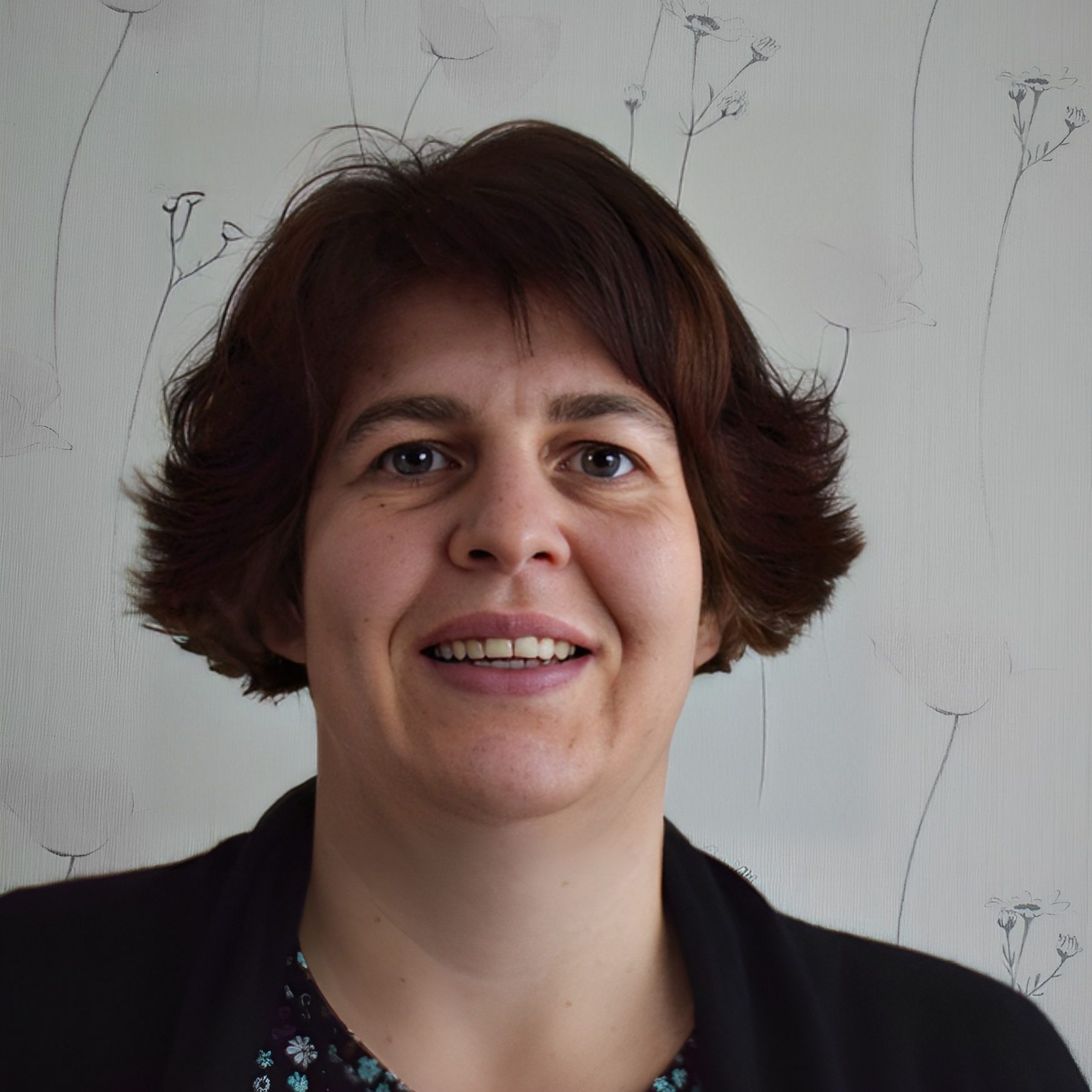
Mrs. Anna Holčáková
Project manager - Laboratory of Functional Helminthology
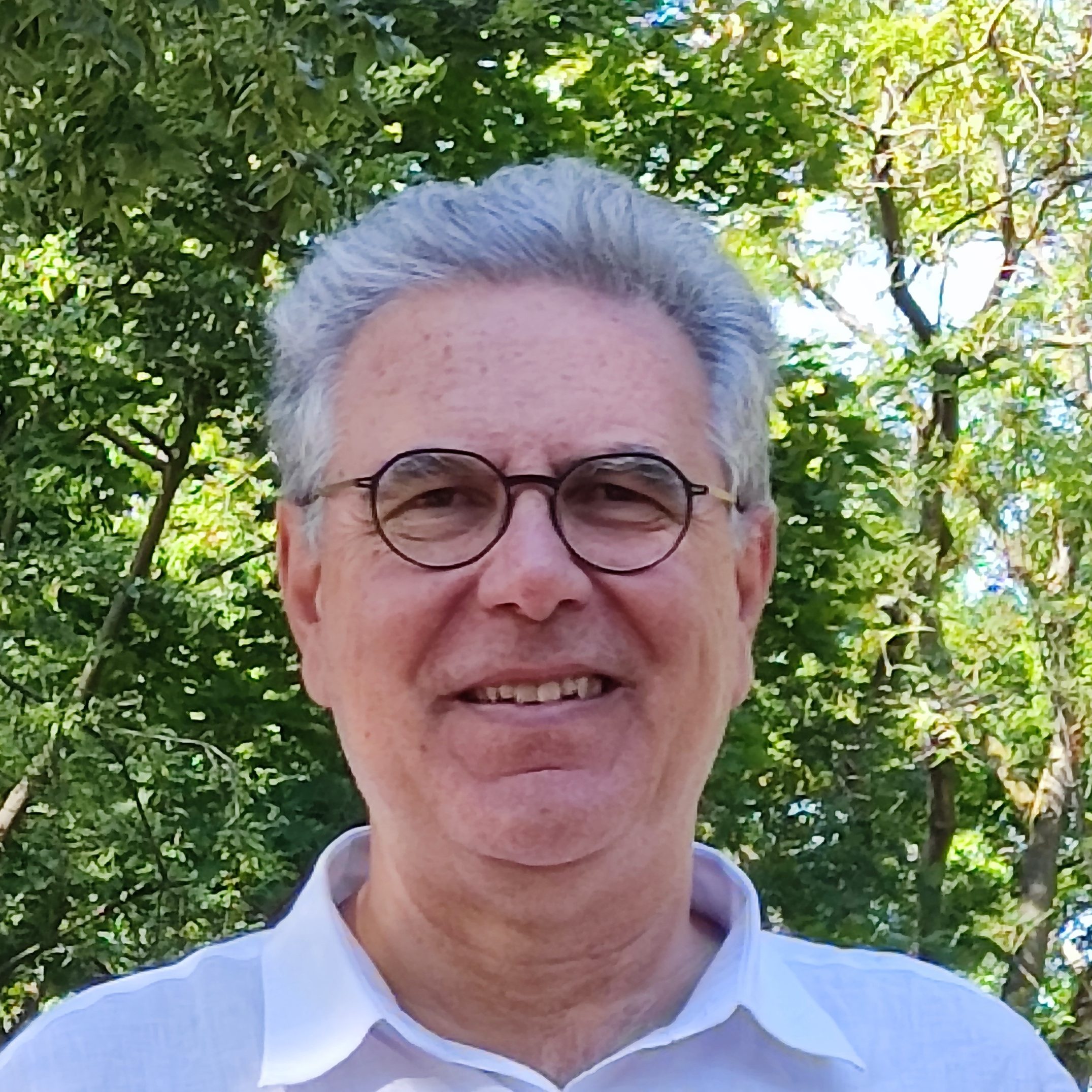
Prof. Michalis Pavlidis
University of Crete
Greece
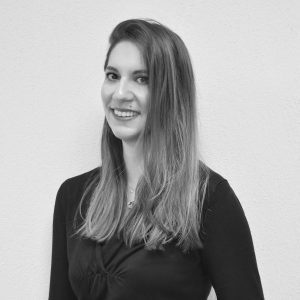
Mrs. Angeliki Mitropoulou
Project Manager of Prorata S.A.
Greece
Presenters of Workshop
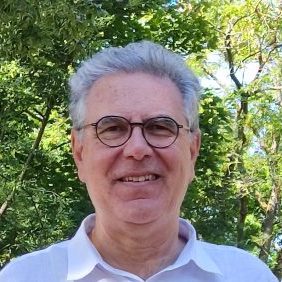
Prof. Michael Pavlidis
Professor at the University of Crete
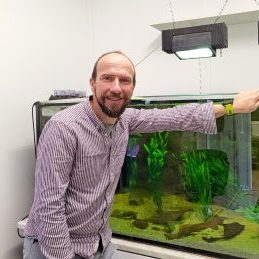
Dr. Mikolaj Adamek
Research Associate at the Fish Disease Research Unit, University of Veterinary Medicine Hannover, Germany
Sponsored by
Established in 1973, the University of Crete is a young public educational institution sited in a region rich in ancient and modern Mediterranean cultures. Currently around 20,000 undergraduate and graduate students study here through the Schools of Philosophy, Education, Social Sciences, Sciences & Technology, and Medicine, taught by an outward looking academic staff committed to quality in teaching, research, and community partnerships.
Prorata S.A. was created in Athens in 2014 based on the belief that independent, reliable, and innovative research is not only feasible but also necessary. Especially in an economic, social, and political environment that is constantly changing.
In that context, the main aim of our company is the production of valid results and useful scientific analyses through the adoption of international best research practices in order to feed the public debate on issues that require more space, as well as to ensure the provision of effective strategic directions for our partners through customized consulting services.
At the core of our philosophy is the specialized approach of each project based on our scientific knowledge and passion on the fields of public opinion and consumer research. Our ambition is to be not just another company conducting quantitative and qualitative research but a model – company of international scope that will never stop evolving and expanding.
Biology Centre CAS, is a national public research institution founded in 2006 by the Academy of Sciences of the Czech Republic. It brings together five previously separate scientific laboratories and service center providing administrative and technical services. Biology Centre CAS performs mainly fundamental and also applied research and provides education in a number of biological disciplines. Research conducted at the Biology Centre predominantly addresses ecological themes, with a significant emphasis on biomedicine. The research involves collaboration across disciplines, use of diverse methodological approaches (molecular biology, genetics, taxonomy, field ecology, mathematical modelling, etc.), and a combination of analytical and holistic approaches to problem solving. Core facilities with shared equipment support all the Centre’s scientific institutes. Education is an important part of the activities of most researchers at the Biology Centre. In collaboration with several universities, primarily the University of South Bohemia in České Budějovice, the Centre tutors Ph.D. students in biophysics, botany, ecosystem biology, entomology, hydrobiology, molecular and cell biology and genetics, parasitology, physiology and developmental biology – animal or plant specialization, and zoology. Teaching and practical training of undergraduates is another important activity and many scientists from the Centre lecture at the University of South Bohemia in České Budějovice, Charles University in Prague, Masaryk University in Brno, the University of Veterinary and Pharmaceutical Sciences in Brno, and several other universities in the Czech Republic and abroad.
Funded by the European Union

Funded by the European Union under the Horizon Europe Programme, Grant Agreement No. 101084204 (Cure4Aqua). Views and opinions expressed are however those of the author(s) only and do not necessarily reflect those of the European Union or the European Research Executive Agency (REA). Neither the European Union nor the granting authority can be held responsible for them.
Participants from UK
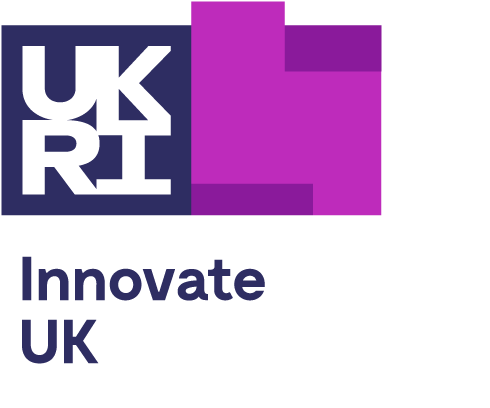
UK participants in Cure4Aqua are supported by the UKRI’s Horizon Europe Guarantee under the Grant No. 10054306 (UNIAB); and Innovate UK under the Grant No. 10061596 (THL); Grant No. 10050496 (MRI); No. 10061148 (SWU); and No. 10054089 (ICL).
Participants from Chile

The Chilean participant in Cure4Aqua has received funding from the Agencia Nacional de Investigación y Desarrollo (ANID) under Grant No. FONDECYT N°1200521 and FOVI210032 (PUCV).
Participants from Switzerland

Swiss participants in Cure4Aqua have received funding from the Swiss State Secretariat for Education, Research and Innovation (SERI) under Contract No. 22.00432 (FGCZ) and No. 22.00431 (PATH).



